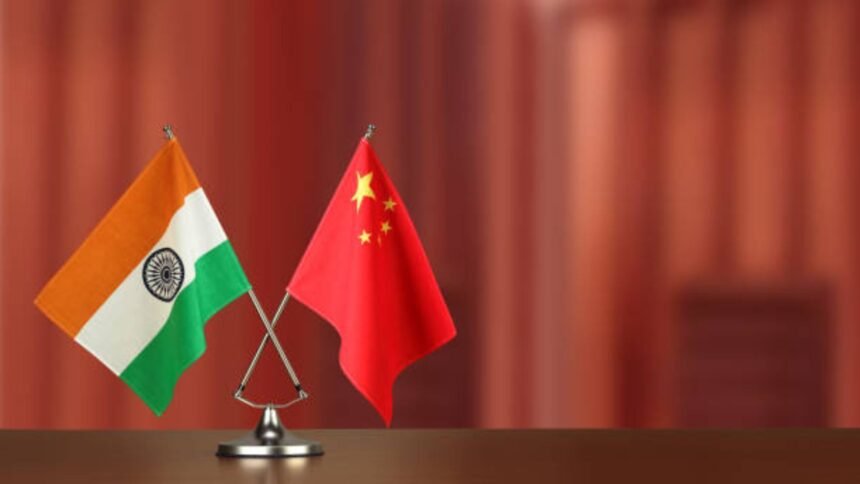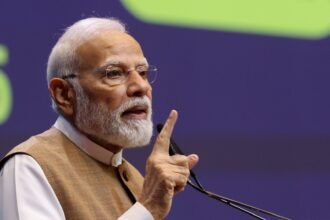New Delhi: After a suspension that lasted for nearly five years, India and China will resume direct passenger flights by the end of this month, marking a step towards restoring normalcy in bilateral exchanges disrupted since 2020. The Ministry of External Affairs confirmed on Thursday that services would recommence on October 26, with IndiGo operating the first route between Kolkata and Guangzhou.
Direct connectivity between the two countries was halted in early 2020 in the wake of the COVID-19 pandemic, compounded soon after by heightened border tensions. Cargo flights continued during this period, but passenger links remained frozen, symbolising the chill in ties. The resumption, officials said, comes after several rounds of technical discussions between civil aviation authorities of both sides.
The decision is being read as part of a cautious effort to stabilise relations. Prime Minister Narendra Modi’s visit to China in August for the Shanghai Cooperation Organisation summit was accompanied by renewed rhetoric from both governments describing India and China as “development partners” rather than adversaries. The restoration of air services adds a practical dimension to that sentiment, enabling smoother people-to-people contact, as well as facilitating business, tourism and education.
In the initial phase, IndiGo will operate daily services from Kolkata to Guangzhou. Direct flights from Delhi to Chinese cities are also expected to resume in the following weeks, subject to regulatory clearance. Officials indicated that demand forecasts remain strong, with students, traders and families expected to benefit immediately.
While the step has been welcomed in business and diplomatic circles, analysts have urged caution. Relations remain fragile in the aftermath of prolonged border confrontations, and the sustainability of such engagement will depend on political will on both sides. Yet the return of direct flights, after years of disruption, is being viewed as a tangible sign that both governments are willing to recalibrate ties through incremental measures.
For travellers, the reopening of air routes offers not only convenience but also a sense of renewed access after years of disruption. For policymakers, it represents an opportunity to build trust, even if cautiously, in a relationship that has long oscillated between cooperation and confrontation.















